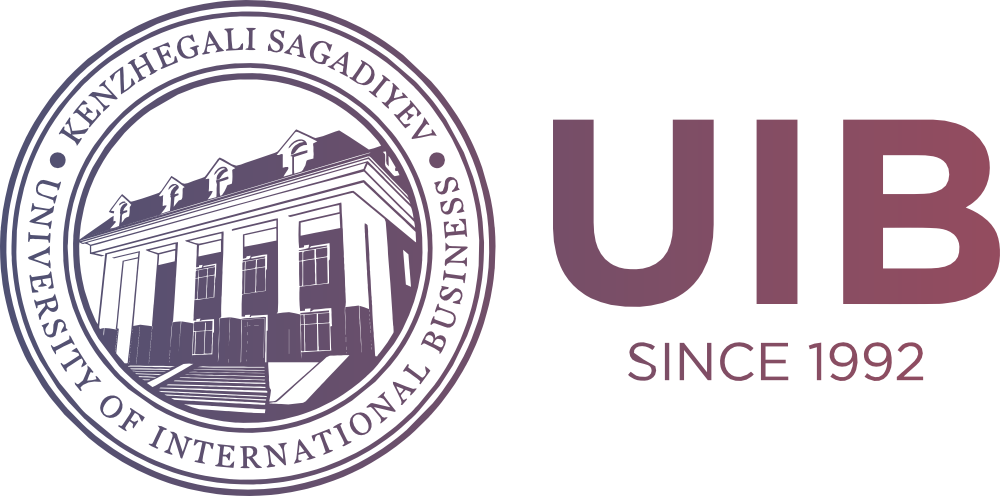Theoretical Issues of the Development of the Socio-Cultural Environment of the Regions of Kazakhstan
DOI:
https://doi.org/10.47703/ejebs.v1i67.265Keywords:
Economics, Socio-Cultural Environment, Development Conditions, Factors, Region, SWOT-AnalysisAbstract
In recent years, economic research has paid great attention to the development of the socio-cultural environment of the regions. In recent years, many countries have begun to invest more financial resources in the social and cultural problems of the country, including its regions. Identifying and considering the peculiarities of the regional socio-cultural environment will allow for the least painless integration into the global system and integration with other more developed countries. From the point of view of the theory of science, the purpose of this article is to reveal the essence of the concepts of "socio-cultural environment", the conditions and factors of its sustainable development, and to conduct a SWOT analysis to identify the strengths and weaknesses, advantages and disadvantages of the regions of the Republic of Kazakhstan from the prism of the socio-cultural environment of development. During the literature review, it was found that many research papers cover the problems of socio-cultural development of regions and countries in the areas of economics, management, social sphere, etc. In the course of the study, general scientific and special methods were used, and the course of the study was divided into four stages. The theoretical significance of this study is to generalize and expand the theory of the socio-cultural environment of the development of regions, and practical application can be reflected in use by government agencies of recommendations to improve the socio-cultural environment of the development of regions.
Downloads
How to Cite
Downloads
Published
Issue
Section
License

This work is licensed under a Creative Commons Attribution 4.0 International License.
Authors retain copyright and grant the journal right of first publication with the work simultaneously licensed under a Creative Commons Attribution (CC-BY) 4.0 License that allows others to share the work with an acknowledgment of the work’s authorship and initial publication in this journal.


